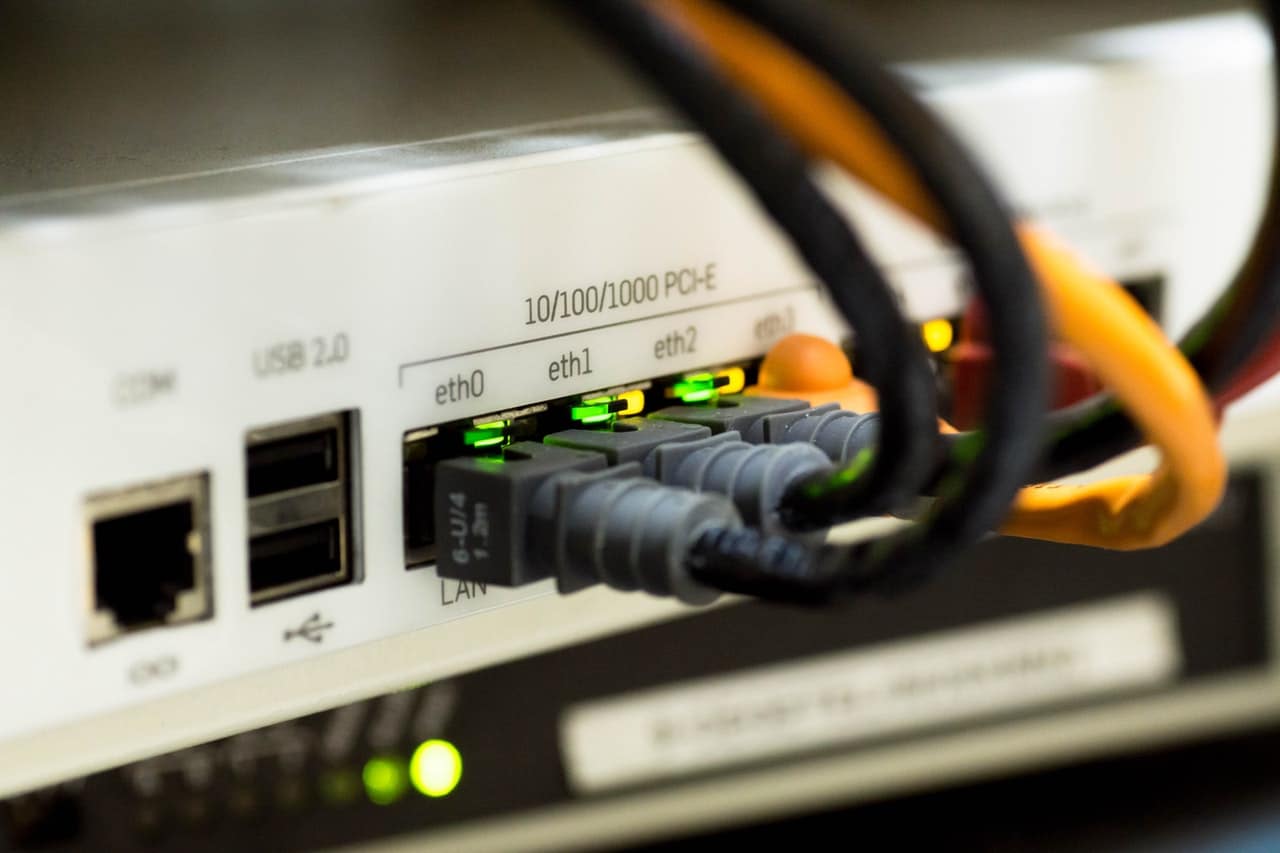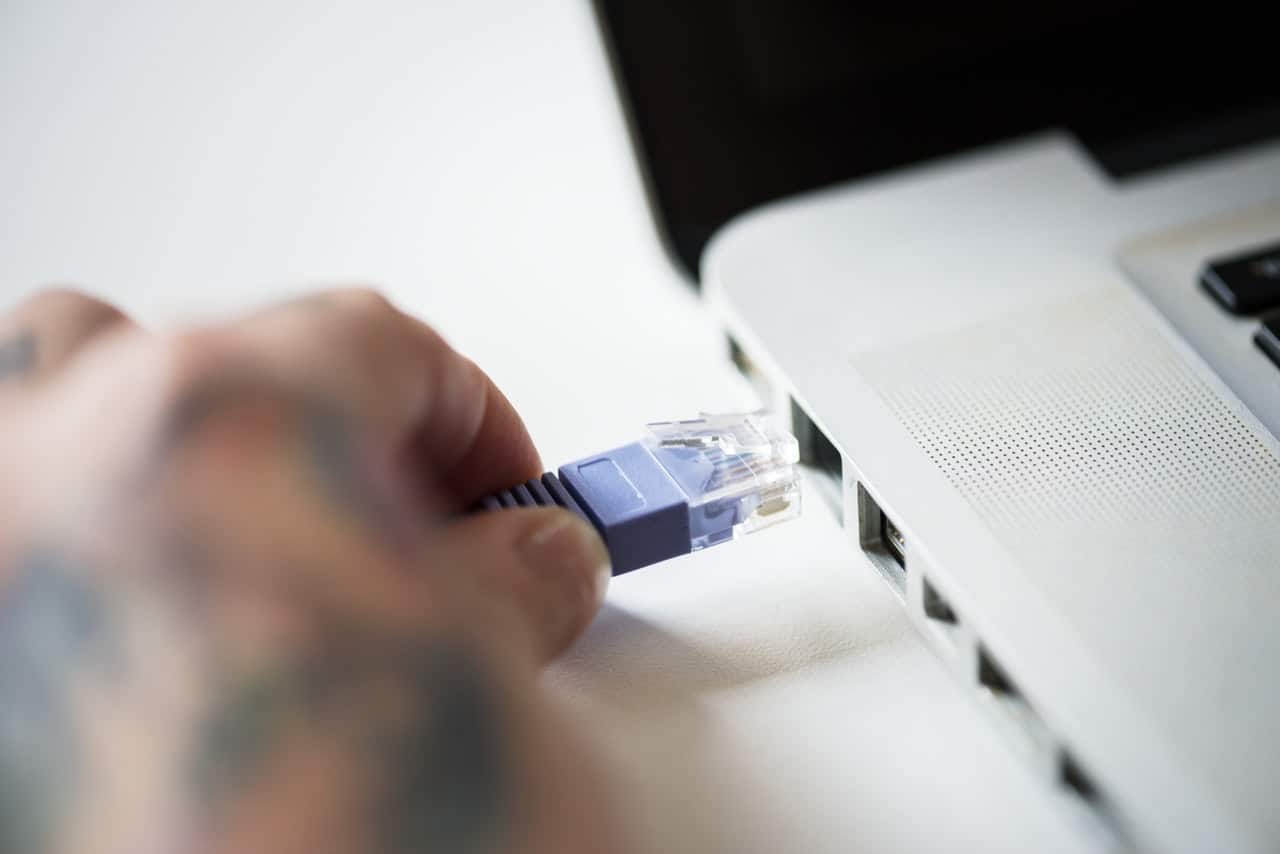Finding the perfect broadband package is no easy task. In fact, you’d be forgiven for finding the entire experience a little overwhelming; especially if you aren’t entirely sure of what you should be looking for.
Whether you’ve moved into a new property or you’re just hoping to switch providers, a quick Google search will present you with all manner of internet speeds, connection types and price tags, while you’ll also need to consider the contract length, download limit and the extra setup costs involved. Of course, you should spend some time reading customer reviews for each individual supplier, too.
Since most contracts will tie you down for at least 12-18 months, this is a decision you certainly need to get right, with a 2018 Ofcom survey finding that one in five people are unhappy with their internet provider (despite improving speeds). So, when shopping for any kind of home broadband deals, you need to consider these important factors.
IMAGE: PEXELS
Budget
Before you do anything, you need to think about what kind of budget you have to play with. After all, hours spent looking at packages you can’t afford is nothing more than a complete waste of time—which will ultimately leave you disappointed with the deal you eventually end up with.
Broadband packages are available for a broad range of prices, offering varying internet speeds and download limits. Just like most other things, when it comes to the internet you should expect to get exactly what you pay for.
Additionally, you need to weigh up whether you want to include a landline or TV deal as part of your package since these are typically available as optional extras. If you don’t use a landline or typically watch TV through a streaming service (such as Netflix or Now TV), then you can dedicate most of your budget to getting the fastest internet speed possible.
Internet Speed
Although your eye might be drawn to a particularly tempting price tag or TV package, you need to pay close attention to the download and upload speeds on offer. After all, the faster your internet connection, the more you can do online.
When it comes to deciding on those speeds, however, things can start to get a little complicated. Although many providers will undoubtedly tell you how many megabits per second (Mbps) a particular package provides, very few will give any indication as to how many you actually need for your requirements.
According to Ofcom, the average download speed in the UK is currently 46.2 Mbps, while the upload speed is set at 6.2 Mbps, so that should at least give you an idea of what other people are using. However, some broadband packages offer much higher Mbps, while you can also go a lot lower if you don’t require such fast speeds.
ADSL connections are by far the most popular in the UK, while superfast fiber-optic (FTTC) connections offer a much faster internet connection. But if you live in an area that offers a full-fiber (FTTP) connection, then you could enjoy download speeds of up to 330 Mbps—the fastest connection available.
What The Internet Will Be Used For
Your speed requirements will largely depend on what you intend to use the internet for. If you’re planning on using your connection to simply check on your emails and do a bit of browsing, then there’s no need to pay over the odds for a superfast fiber connection. In this instance, you could probably make do with a limited package with download speeds of just 10 Mbps.
However, if you plan on downloading a lot of music or playing online video games, then you need to look at speeds of at least 25 Mbps, but we’d recommend going even higher if it’s within your budget. For these requirements, you should seriously consider opting for an unlimited superfast fiber connection, since this will minimize interruptions and cause fewer problems.
Number Of Users And Devices
One of the biggest factors you need to consider is how many people live in your home and connect to the internet at the same time.
Although streaming services such as Netflix and BBC iPlayer only require speeds of around 3 Mbps, you need to consider how multiple devices could impact your internet speed. For example, if three people were streaming Netflix at the same time on different devices, then you’d require an internet connection of at least 9 Mbps; if they were simultaneously checking Facebook on their smartphones, then speeds would need to be even faster.
Before settling on a broadband package, you need to tally up how many devices are likely to be connected to the internet at once, since each connection will have an impact on the overall speed—even if you’re just using it for streaming, browsing and checking social media.
Availability In Your Area
Lastly, you need to look into which providers are able to offer an excellent service in your area, particularly if you live in a remote part of the country. Bustling city centers will typically offer most available packages (although FTTP connections are currently only available to 3% of UK homes), but those based in rural areas will likely be much more limited.
Look at which providers operate in your area, then take the time to read through local customer reviews to find out what kind of service they provide. Although they might have great reviews from other parts of the country, that doesn’t necessarily mean they offer such impressive coverage in your own area.
If you are interested in even more technology-related articles and information from us here at Bit Rebels then we have a lot to choose from.


COMMENTS